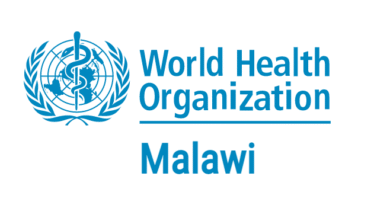CEJ Urges Govt to Disclose Toxic Maize and Mealie Meal Brands
The Centre for Environment Justice (CEJ) has issued a strong appeal to the Zambian government, urging immediate transparency regarding the brands of mealie meal and maize products suspected of containing harmful aflatoxins.
The CEJ’s call follows reports linking these contaminated products to the deaths of over 400 dogs and posing severe health risks to humans.
CEJ Executive Director Maggie Mwape has called on the Ministry of Health and the Ministry of Agriculture to disclose the names of the implicated brands to protect public health.
Ms. Mwape stressed that the public has a fundamental right to know which products are unsafe, as this knowledge is critical to preventing further harm.
“We cannot afford to remain silent when lives are at risk,” Mwape stated. “The presence of aflatoxins in these maize products has already led to the tragic loss of numerous dogs, and the potential impact on human health could be catastrophic. The government must act swiftly to disclose the names of these contaminated brands.”
Ms. Mwape further warned that aflatoxins, a potent toxin produced by certain molds, can lead to severe health issues in humans, including lung collapse, kidney damage, liver diseases, and immune system suppression.
She emphasized that withholding information about the toxic products only serves to protect those responsible while endangering the broader public.
“The public’s trust in the food supply chain is at stake,” Mwape continued. “Transparency is crucial. By disclosing the contaminated brands, the government can take the first step towards restoring confidence and ensuring that only safe products remain on the market.”
The CEJ Executive Director called for swift action from the government, urging them to prioritize the health and safety of Zambian citizens.
Ms. Mwape also highlighted the importance of accountability, stating that those responsible for allowing these toxic products to reach the market must be held to account.
“Protecting the guilty at the expense of public safety is unacceptable,” Mwape concluded. “The government must act now to prevent further harm and to ensure that such negligence is not repeated in the future.”



